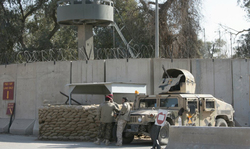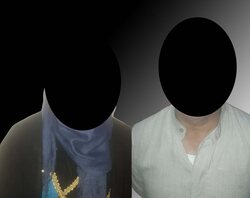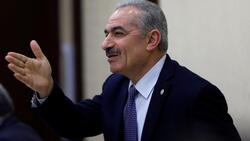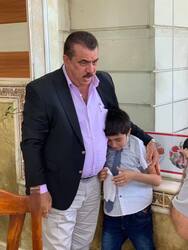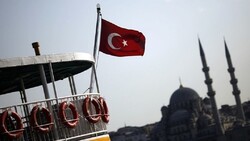Man charged in 2006 Iraq slayings raises controversy in America
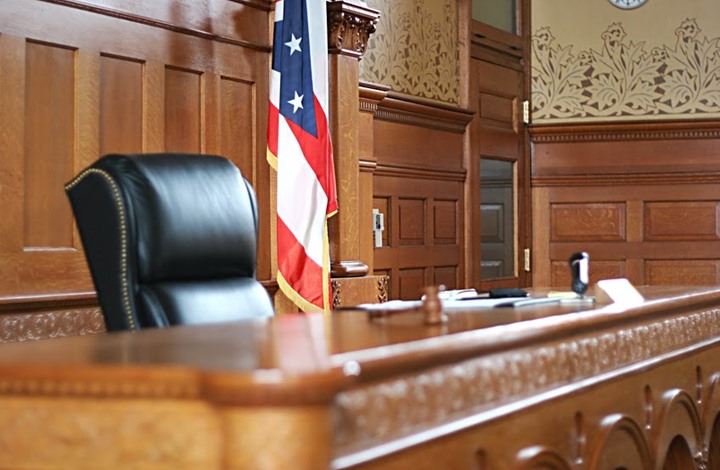
Shafaq News/ Prosecutors say an Iraqi immigrant arrested three months ago in Arizona on charges of participating in the 2006 killings of two police officers in Iraq should remain jailed until his extradition case concludes because he is at risk of fleeing and poses a danger to the community.
Prosecutors (According to Associated Press) also told a judge at a hearing Friday that he should reject Ali Yousif Ahmed Al-Nouri’s claim that he shouldn’t be extradited because his offense in Iraq was of a political nature.
Ahmed, an Iraqi native who came to the United States as a refugee in 2009 and has since become a U.S. citizen, is accused of leading an al-Qaida group that fatally shot the officers on the streets of Fallujah.
Ahmed’s attorney, Jami Johnson, disputed the prosecutors’ arguments and questioned why it took nearly 13 years for the Iraqi criminal case to be filed and alleged that there is pervasive corruption in the Iraqi justice system. She has said Ahmed could be killed if he is sent back to Iraq.
U.S. Magistrate Judge Michael Morrissey will make a ruling later on whether Ahmed should be released.
Ahmed, who operated a driving school in Phoenix before his arrest in late January, has denied involvement in the killings and being a member of a terror group.
Prosecutors argued Ahmed left Iraq after the killings to avoid prosecution.
They also questioned Ahmed’s credibility, saying he gave conflicting explanations on how he suffered gunshot wounds while in Iraq and that they could not determine why he spent time in a Syrian prison before moving to the United States.
In arguing for his release, Johnson cited Ahmed’s earlier work in the U.S. as a cultural adviser to military and said that her 42-year-old client, who suffers from heart and lung ailments, is vulnerable to being infected with coronavirus in the Florence, Arizona, detention center where he is being held.
Prosecutors expressed skepticism about Ahmed’s claim that he is vulnerable to the coronavirus, saying the detention center has taken preventive steps to protect inmates and that Ahmed lives alone in a cell and doesn’t have contact with other detained people.
In both attacks on the two officers in the Iraqi city of Fallujah, armed men emerged from cars, fired on the officers and fled.
In the first shooting, a masked attacker held a gun to a witness’ head, while another masked man tried to open fire at a police officer. But his gun malfunctioned.
Another attacker then killed police Lt. Issam Ahmed Hussein. The witness later identified Ahmed, who was not wearing a mask, as the group’s leader, according to court records.
Four months later, Iraqi authorities say Ahmed and other men fatally shot Officer Khalid Ibrahim Mohammad as the officer sat outside a store. A witness recognized Ahmed, whose mask had fallen off, as one of the assailants, according to court records.
After settling in Arizona, Ahmed volunteered in Phoenix’s refugee community and worked as a military cultural advisor, traveling to bases in other states to help personnel as they prepared to deploy to the Middle East to fight the Islamic State, his attorney said.
Johnson has previously said the case emerged from information provided by informants who had “everything to gain by delivering the Trump administration a supposed ‘terrorist refugee’ in an election year.”
